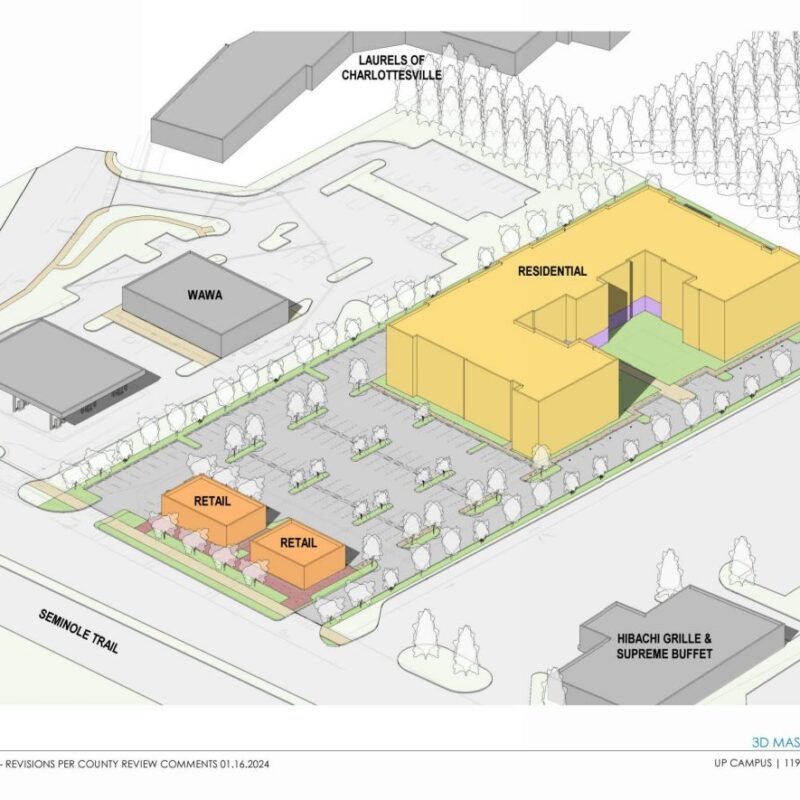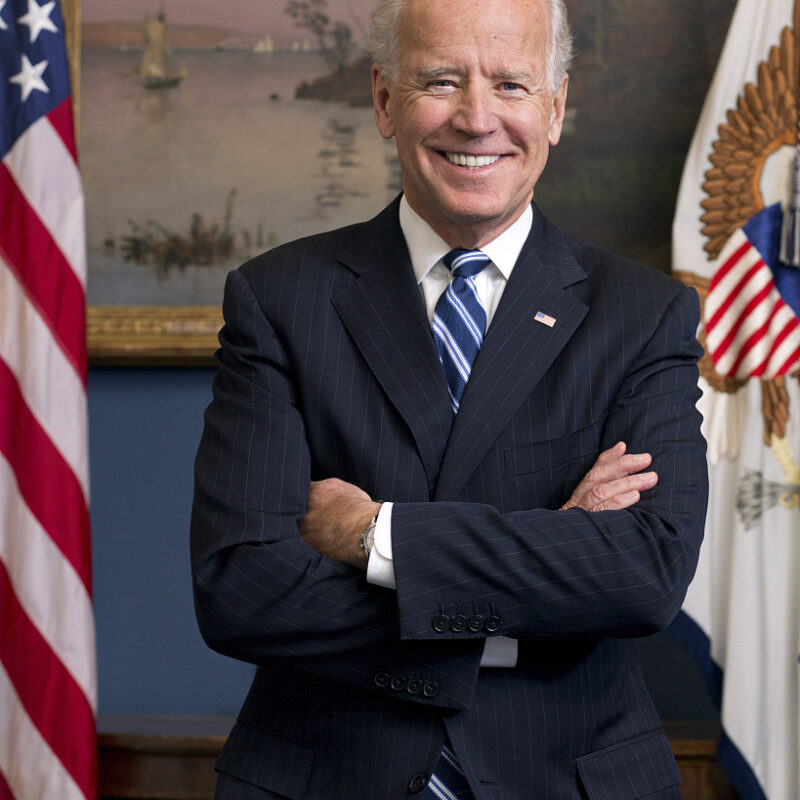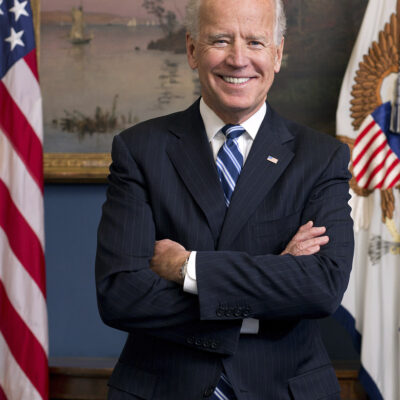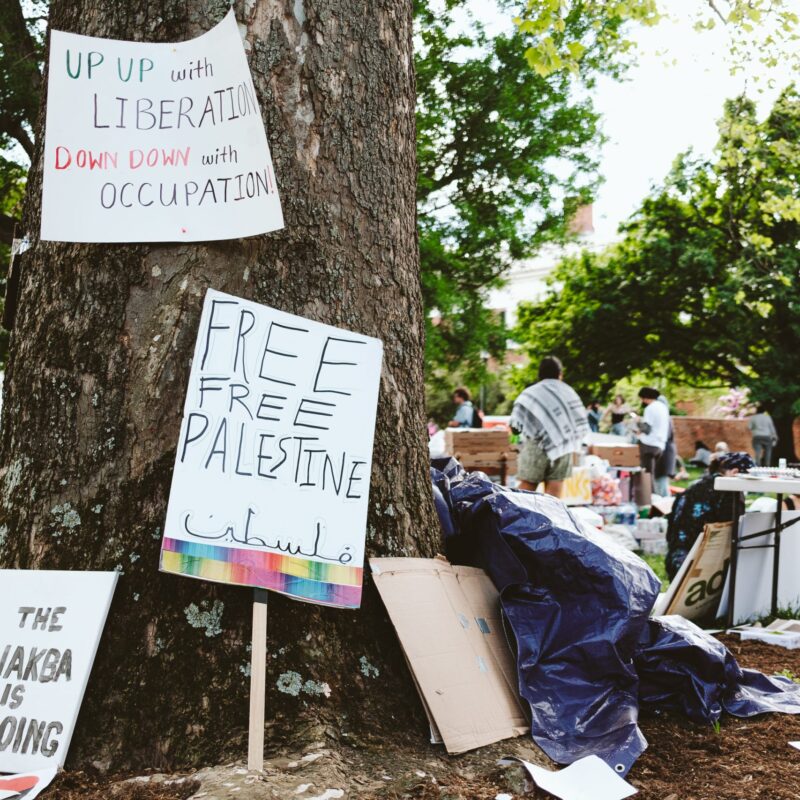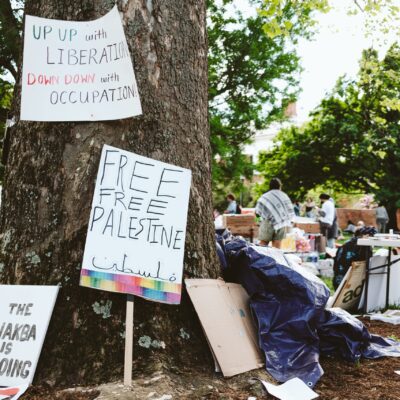The fact that two members of the Virginia Freedom of Information Advisory Council voted to keep the names of anonymous donors to UVA from public eyes could mean a couple things. Since both Senator Edward Houck and Delegate Morgan Griffith know the Freedom of Information Act (FOIA) so well, they could have seen nothing wrong with exempting UVA, a public institution, from FOIA requests for names of anonymous donors.
Or it could be a sign of just how much pull UVA has in Richmond. Jennifer Perkins, executive director of the Virginia Coalition for Open Government, is leaning toward the latter.
“It was clear when you had former FOIA champions turning a blind eye to the issue that, clearly, this was something people made a decision on for reasons other than freedom of information,” she says.
This session, the General Assembly passed two identical bills that exempt UVA from making public the names of donors who give to the school anonymously. Both bills passed unanimously in the Senate. They faced their only opposition in the House, where three delegates voted against one and six delegates voted against the other.
UVA is one of the few universities in the state that still keeps most of its donor information public. Anonymous donors make up just 1.5 percent of all donors, but, says UVA spokesperson Carol Wood, of the $1.45 billion UVA has raised in its $3 billion capital campaign, anonymous donors have contributed $75 million.
“What we began hearing from our donors is that many of them might not have made these gifts without the benefit of anonymity,” says Wood. That anonymity was challenged when The Daily Progress submitted a FOIA request for a copy of the UVA fundraising database, which contains not only names but personal information on each donor, sometimes down to college records, health status or marital history.
Naturally, UVA was loathe to give up this info, but officials also didn’t want to disclose the names of anonymous donors. According to Perkins, opponents of the legislation weren’t interested in the personal information—they only wanted to be able to know the names.
Perkins echoes the objections of Delegate Terrie Suit—who voted against both bills—in questioning UVA transparency when it comes to vendors.
“If you have someone who wants to do a contract with the University,” says Perkins, “we’ll not be able to know if they also donated a bunch of money and helped that process along.”
Wood points to internal checks and balances within UVA that would guarantee everything is on the up-and-up, even if there isn’t outside verification.
“We would never risk the reputation of the University by allowing a donor to dictate inappropriate decisions,” she says. “We would never do that because that would hurt the University.”
C-VILLE welcomes news tips from readers. Send them to news@c-ville.com.
